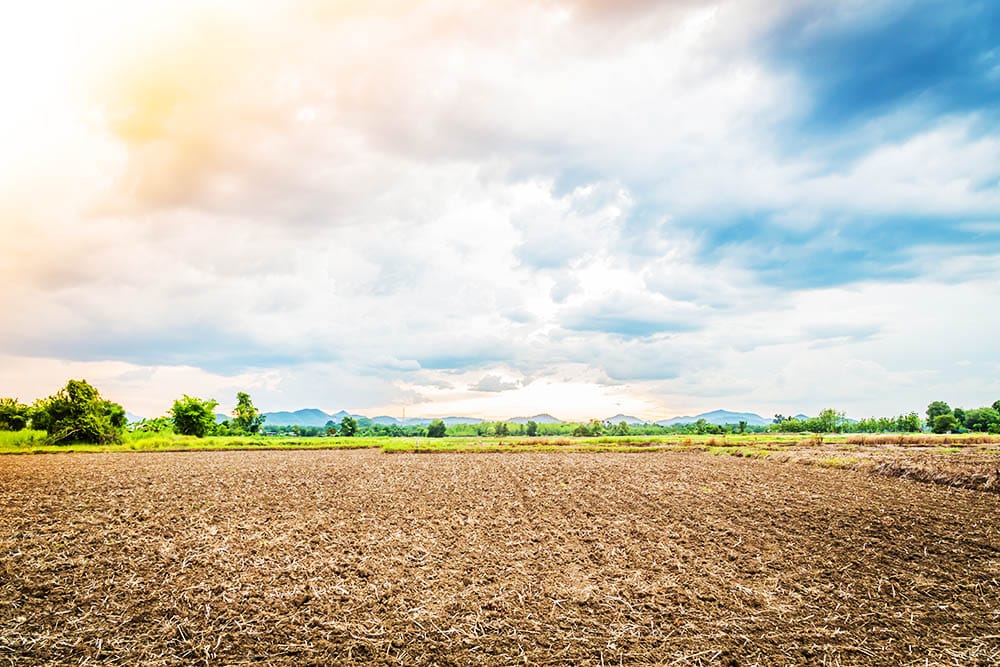Climate change has been a topic of concern for decades, yet it still seems to be ignored by many government officials and corporations. The negative impacts of climate change are already being felt worldwide and if immediate action is not taken, the consequences will only become more severe. We cannot afford to wait any longer, it is time for individuals, businesses, and governments to act now before it is too late.
The Consequences of Ignoring Climate Change
The impacts of climate change are already being felt worldwide, from extreme weather events to rising sea levels, melting polar ice caps, and species extinction. These impacts are not just affecting the environment, but also human lives and economies. More frequent extreme weather events such as hurricanes, floods, and droughts, are causing billions of dollars in damages and loss of life. The World Health Organization has estimated that air pollution contributes to around 7 million premature deaths each year. The extinction of species, including pollinators such as bees, will also have negative impacts on agriculture and food security.
In addition, climate change is exacerbating inequalities as vulnerable populations are disproportionately affected by its impacts. Less developed countries that have a limited capacity to adapt to climate change are the most vulnerable to its effects. Climate change is also directly affecting marginalized communities such as Indigenous peoples and low-income populations who have limited access to resources and face the brunt of climate impacts.
The Need for Urgent Action
The science is clear, we need to keep the global temperature rise below 1.5°C to avoid the worst impacts of climate change. To achieve this, we need to reduce greenhouse gas emissions to net-zero by mid-century. However, we are far from achieving this goal. Current emissions trends are on track to lead to a 3°C to 4°C of temperature rise by the end of the century. This will result in catastrophic consequences for people and the planet.
Immediate action is crucial if we want to avoid the worst effects of climate change. This includes not only reducing greenhouse gas emissions but also adapting to the impacts that are already happening. We need to focus on reducing our dependency on fossil fuels, transitioning to renewable energy sources, increasing energy efficiency, and implementing carbon pricing and regulation. However, change at the individual level is also important. We need to change our consumption habits, reduce waste, use public transport, and eat a more plant-based diet.
What Can Businesses Do?
Businesses have a significant role to play in addressing climate change. They are a major source of greenhouse gas emissions but also have the power to innovate and transform their operations to become more sustainable. Many companies have already recognized the importance of taking action on climate change and are making efforts to reduce their carbon footprint.
One of the most effective ways businesses can reduce their emissions is by transitioning to renewable energy sources. This includes installing solar panels, wind turbines, and using geothermal energy. Businesses can also implement energy-efficient technologies in their operations, adopt circular economy principles, and reduce waste. Carbon offsets, though not the solution to climate change, can also help businesses to offset their emissions as they work towards transitioning towards a low-carbon economy.
What Can Governments Do?
Governments have a crucial role in addressing climate change. They have the power to create policies and regulations that can drive the transition to a low-carbon economy. Governments can implement incentives, such as tax breaks or subsidies, to encourage the development and use of renewable energy technologies. They can also implement carbon pricing mechanisms, such as cap-and-trade, to incentivize companies to reduce their emissions.
Government policies can also support the development and implementation of technology and infrastructure that helps reduce emissions, such as electric vehicles, energy storage, and smart grids. However, it is imperative that these actions are not implemented in a silo. Governments must work in collaboration with industries and communities to create solutions that meet their needs and ensure that no one is left behind in the transition to a low-carbon economy.
What Can Individuals Do?
Individual action is just as important as government and business action in addressing climate change. We all have a role to play in reducing our carbon footprint and contributing to a sustainable future. This includes reducing our dependence on fossil fuels, using public transport, cycling and walking more, and reducing our meat consumption.
Individuals can also take action in their homes by investing in energy-efficient appliances, reducing water usage, and reducing waste. Advocating for climate action is important, too. Individuals can write to their elected representatives, join local climate action groups, and support climate-friendly policies and programs.
Conclusion
Climate change is an urgent issue that requires immediate action. The impacts of climate change are already being felt worldwide and if we continue to ignore it, the consequences will only become more severe. However, there are steps that individuals, businesses, and governments can take to address climate change. We need everyone to take action and do their part to contribute to a sustainable future. It is time to act now before it is too late.
